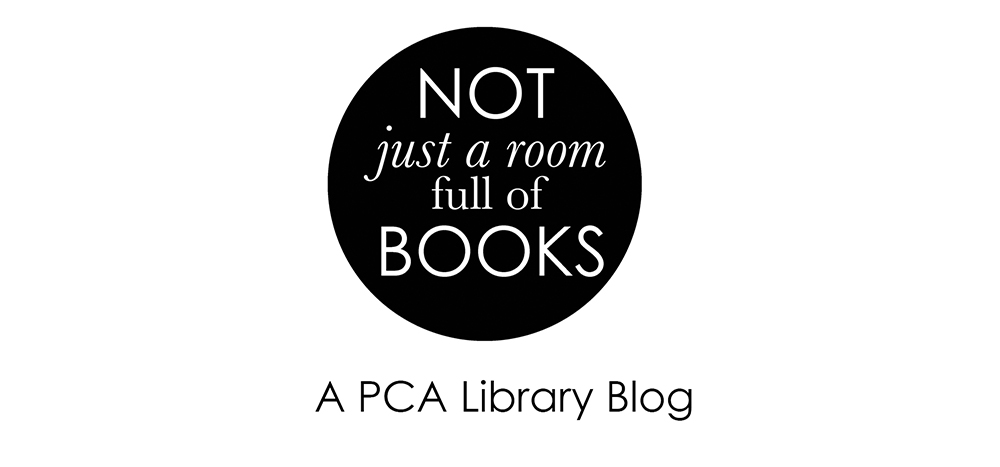
Death of the artist
741.5 FRA
On 13 August
2013 graphic novelist Karrie Fransman invited four old friends from university
to an isolated cottage on the misty moors of the Peak District to join her for
a week of hedonism and creativity. Like Shelley and Byron before them, they
would use the retreat to tell stories. Except these would be comics, collected
together in this very book. The theme? The Death of the Artist. None of the
five friends realised how appropriate this theme would become. The book weaves
a single narrative across watercolour, digital art, photography, collage and
illustration, exploring the themes of creation, destruction, and how we kill
our inner artists as we grow up. It takes the graphic novel into entirely new
realms.
Illustration next :
contemporary creative collaboration
This
outstanding global survey brings together the dazzling talent of 50 leading
illustrators from over 20 countries, among them Julia Rothman, Whitney Sherman
and Mike Perry, and also provides them with the opportunity to indulge in a
brilliant, creative experiment. The book is curated into two interleaved
strands: in the first, each illustrator showcases their own work and is
interviewed by the author to shine a light onto what inspires and motivates
them. The second strand is a collaborative project with illustrators working in
pairs to create original work to one of 25 briefs from the author based on
themes ranging from ‘beauty’ to ‘beast’ and ‘speed’ to ‘excess’. Each
collaboration is accompanied by a joint interview with the two illustrators.
741.64 MAL
Illustration
practice is not judged purely by visual literacy and technical qualities, but
also requires intellectual engagement with its subject matter. Illustration: A
Theoretical & Contextual Perspective, 2nd Edition examines the breadth and
many uses of this diverse discipline, through nearly 300 colour examples.
From developing a brief, conducting research and analysing visual language, the book goes on to explore the role of illustration in documentation, commentary, storytelling, persuasion and identity. It concludes with an overview of current professional practice, demonstrating that the ability to communicate meaningfully and effectively for a global audience is key to navigating today's creative industries.
Examples of work from award-winning illustrators showcase a huge range of applications, from the author's own collaboration with the British Museum of Natural History and Olivier Kugler's Portraits of Syrian Refugees in Iraqi Kurdistan, to Levi Pinfold's fictional picture book Black Dog and Malika Favre's promotional images for the BAFTA (British Academy of Film and Television Arts) Film Awards.
From developing a brief, conducting research and analysing visual language, the book goes on to explore the role of illustration in documentation, commentary, storytelling, persuasion and identity. It concludes with an overview of current professional practice, demonstrating that the ability to communicate meaningfully and effectively for a global audience is key to navigating today's creative industries.
Examples of work from award-winning illustrators showcase a huge range of applications, from the author's own collaboration with the British Museum of Natural History and Olivier Kugler's Portraits of Syrian Refugees in Iraqi Kurdistan, to Levi Pinfold's fictional picture book Black Dog and Malika Favre's promotional images for the BAFTA (British Academy of Film and Television Arts) Film Awards.
Puffin by design : 70
years of imagination 1940-2010
Children’s
picture-books are the very first books we encounter, and they form an
important, constantly evolving and dynamic sector of the publishing industry.
But what does it take to create a successful picture book for children? In
seven chapters, this book covers the key stages of conceiving a narrative,
creating a visual language and developing storyboards and design of a picture-book.
There are interviews with leading children’s picture-book illustrators, as well
as case studies of their work. The picture-books and artists featured hail from
Australia, Belgium, Cuba, France, Germany, Hungary, Ireland, Italy, Japan,
Norway, Poland, Portugal, Russia, Singapore, South Korea, Spain, Taiwan, the UK
and the USA. In this publication, Martin Salisbury and Morag Styles introduce
us to the world of children’s picture-books, providing a solid background to
the industry before going on to explore the key concepts and practices that
have gone into the creation of picture-books.
100 great children's
picture-books
741.642 SAL
This unashamed visual
feast celebrates the best designed and illustrated picture-books from around
the world over the past one hundred years. Each book is a creation of genius
and inventiveness, and their design and illustration represent such diverse
trends as the Russian Constructivists, Italian Futurists and Postwar
Neo-romantics. They are also mirrors of their times reflecting social concerns
from a child's and family's perspectives throughout the twentieth and into the
twenty-first century. Fearlessly confronting the frontiers between a child's
picturebook and art, this is a collection of books that anyone with an interest
in design, illustration or simply children's literature should know about.
DVD 761.2 SWE
Other contributors to the film include the author Philip Pullman CBE, FRSL, Bankside Gallery and the Ashmolean Museum. The main film is 45 minutes plus there are 10 × 10 minute conversations with ten featured artists: Neil Bousfield, Simon Brett, Harry Brockway, Chris Daunt, Anne Desmet, Edwina Ellis, John Lawrence, Peter Lawrence, Miriam Macgregor and Hilary Paynter.






No comments:
Post a Comment